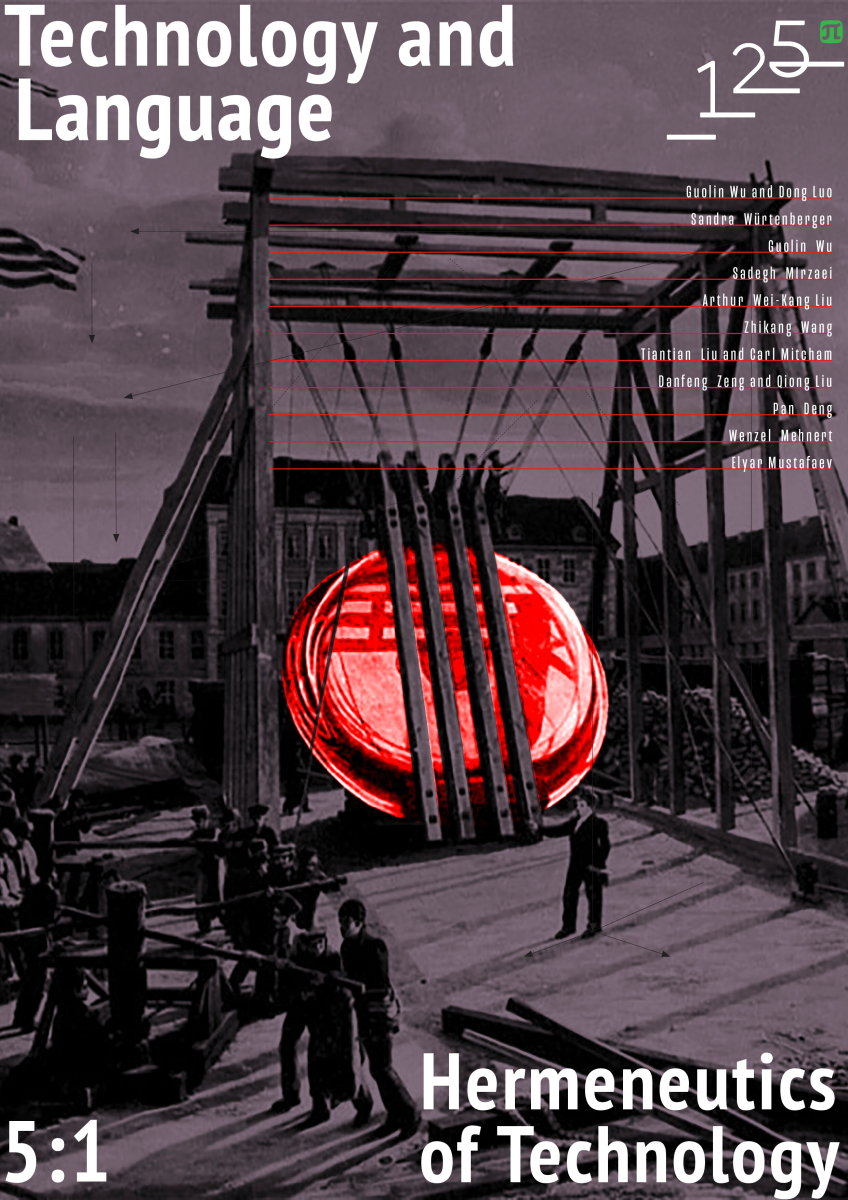The Social Nature of Skills: Beyond Dreyfus’ Skill Model
Skill is different from knowledge. It is the ability of knowing-how rather than knowing-that as characterized by Hubert Dreyfus’ “Skill Model.” Dreyfus developed the „Skill Model“ to describe the process of acquiring a skill like driving a car. For Dreyfus, skill is an intuitive reflection of the body which is based in experience. However, Dreyfus neglected that skillful activity does not consist in mechanically separable movements that are directed toward a physical object, but a certain way of dealing with things and persons involving know-how in respect to contexts of purposes in use. Accordingly, acquiring a skill involves two types of norms, operational norms and social norms. What Dreyfus emphasised in his “Skill Model” is only the operational norm of skill. As an ability of knowing-how, skill acquisition, skill transfer, and the judgment of skill are based on social norms. This can affect our attitude on artificial intelligence: 1. No computer will be fluent in a natural language, pass a severe Turing Test, and have full human-like intelligence unless it is fully embedded in normal human society. 2. No computer will be fully embedded in human society as a result of incremental progress from the base-line of current technology.



